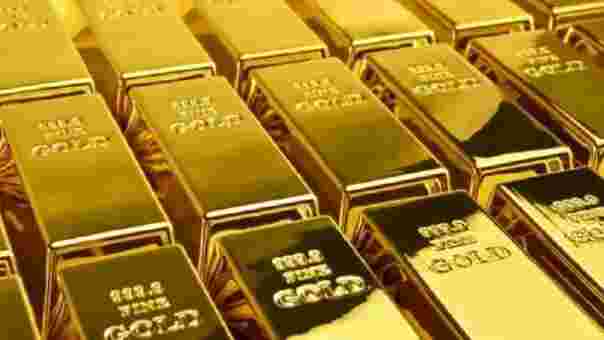Islamabad, November 26, 2025 – Pakistan’s annual gold consumption ranges between 60 and 90 tons, according to the Competition Commission of Pakistan (CCP), highlighting a significant demand driven largely by cultural practices.
The CCP released its first-ever competition assessment study of the domestic gold market, offering an evidence-based analysis of its structure, regulatory landscape, and competitiveness challenges.
The study, conducted by CCP’s Center of Excellence in Competition Law (CECL), points out that over 90% of gold trading occurs outside formal channels. Imports form the backbone of the market, with US $17 million worth of gold imported in FY 2023-24.
The report identifies several critical issues affecting the sector, including:
• Informal market dominance: Cash-based transactions and weak documentation allow large informal networks to dictate pricing and supply.
• Opaque price-setting: Gold rates are influenced by associations rather than transparent market mechanisms.
• Fragmented regulation: Overlapping roles of the Ministry of Commerce, Federal Board of Revenue (FBR), State Bank of Pakistan (SBP), Pakistan Gems and Jewelry Development Company (PGJDC), and Trade Development Authority of Pakistan (TDAP) create inconsistencies.
• High taxes and compliance costs: Complex procedures encourage smuggling and under-invoicing.
• Limited refining, assaying, and hallmarking capacity: Weak facilities lead to purity concerns and limited consumer protection.
• Data deficiencies: Lack of reliable import, trade, and sales data hampers policy-making.
The CCP recommends comprehensive reforms, including the establishment of a Pakistan Gold and Gemstone Authority to unify regulation, mandatory assaying and hallmarking, and a digital transformation of the gold value chain using blockchain traceability integrated with FBR’s Track and Trace system. The study also proposes creating a Gold Banking System to formalize household gold and strengthen data governance.
The report emphasizes that modernizing Pakistan’s gold sector will enhance transparency, reduce illicit trade, safeguard consumers, and unlock significant economic value, particularly ahead of the commercial rollout of the Reko Diq copper-gold project, expected to generate US $74 billion over its 37-year lifespan.
